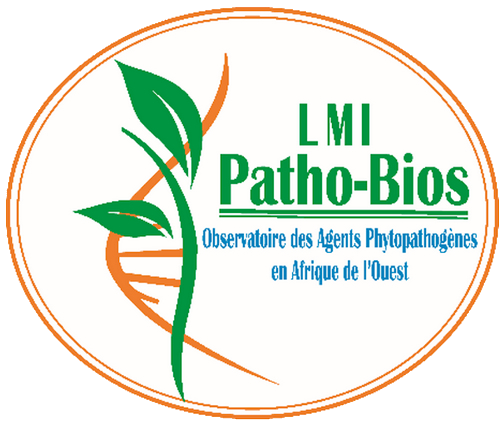Research focus
Ecology, diagnosis, epidemiology, reservoirs and vectors
Our objective here is to (1) detect pathogens, (2) look for the factors driving epidemics (vectors, climate, host plant, reservoir plants, co-infections, cultivation practice, etc.) and (3) understand the life cycle of bio-aggressors in the agroecosystems at various spatial scales (plant, field, eco-system).
Genetic and pathogenic diversity of bio-aggressors
The genetic structure of crop bio-aggressors is studied at different geographical levels to identify their driving factors, to better understand epidemiology and infer possible control methods. We characterize the variability of pathogenic levels and we will study the factors responsible, notably in terms of virulence genes.
Bio-aggressors control methods
Knowledge gained from Focus 1 and 2 enables to design new sustainable control methods that are environment-friendly, with recommendations on the cultivation practices. Focus 3 involves to characterize the levels of pathogen resistance/sensitivity of local cultivars; to identify new resistance genes to contribute to cultivar improvement; to study genetic interaction between plants and pathogens and the resistance breakdown pathogen capacities; to design biocontrol approaches (based on plant extracts or microbial agents).
Innovations and biotechnology
With respect to focus 1, we design innovative detection tools and we ensure they are transferred to farmers through trainings and techniques documentation. In addition, with respect to focus 3, innovative control techniques are put in place, such as in-vitro cultivation for tuber crop sanitation, or the creation of new resistances through trans-genesis (RNAi) or by genome editing (mutagenesis or deletion).
